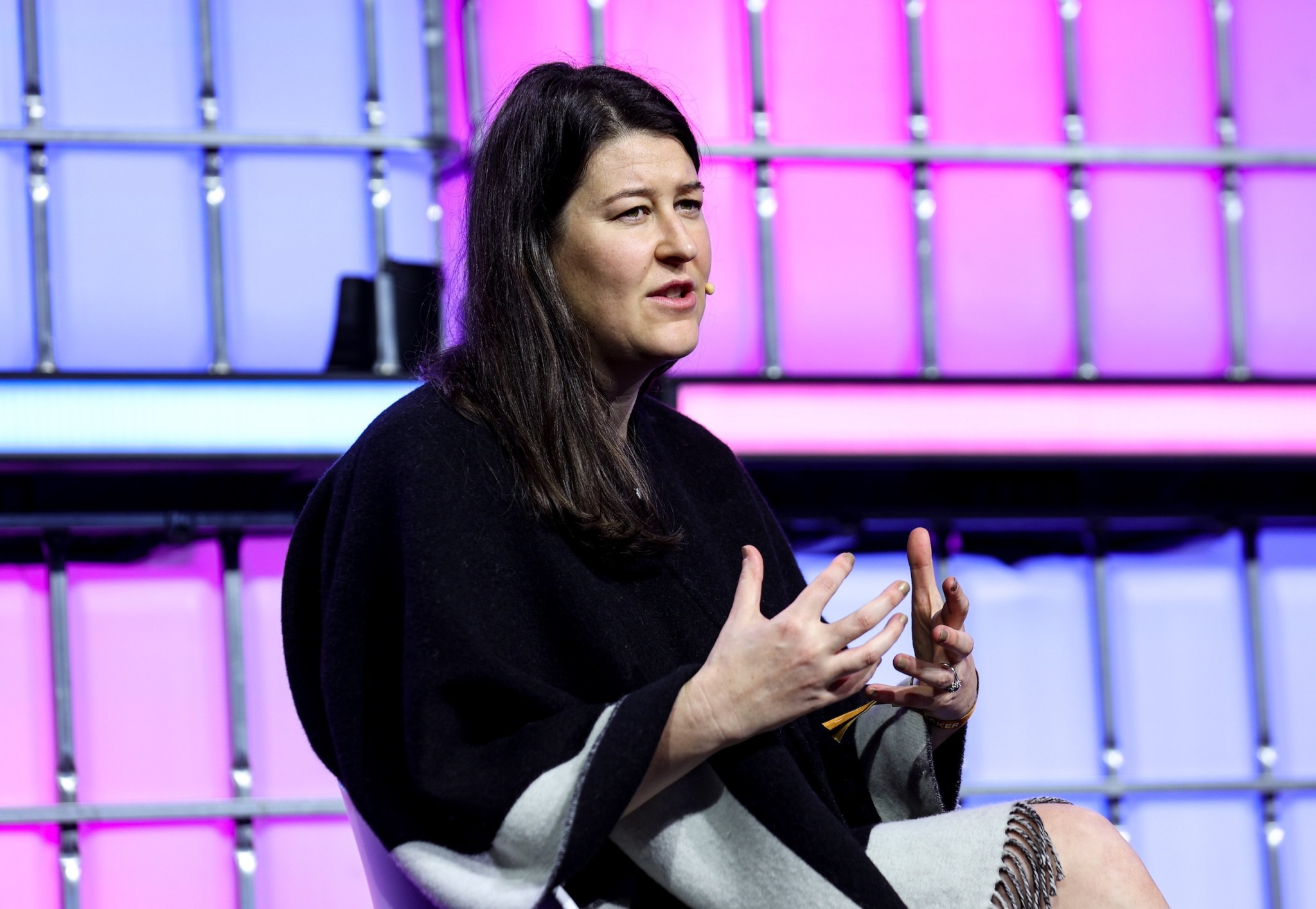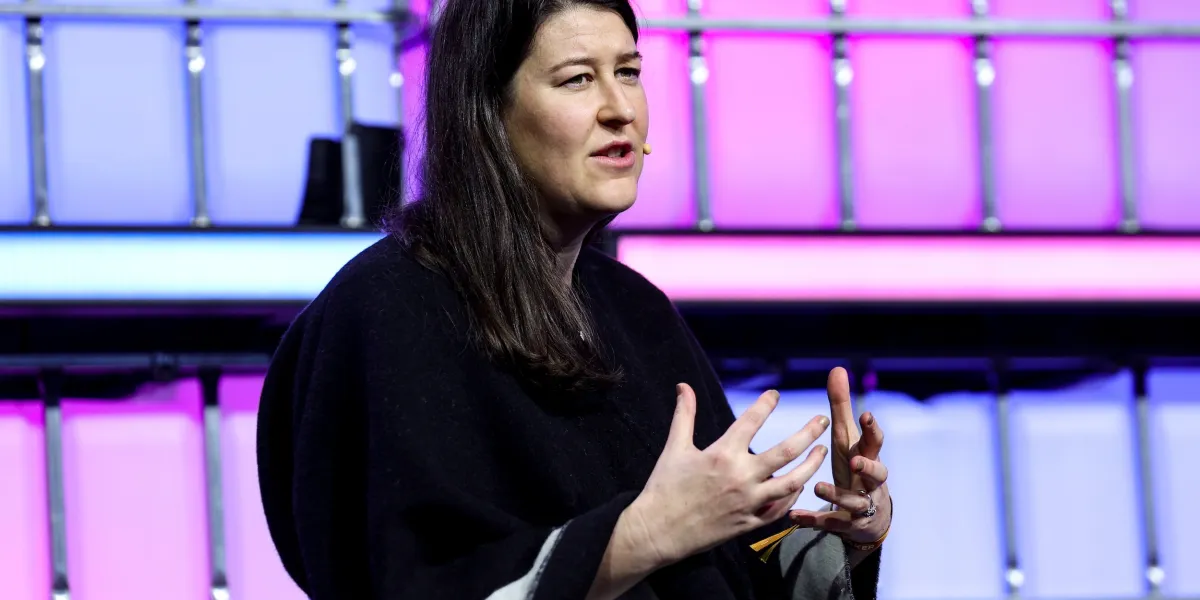
Emily Fontaine is the global head of venture capital at IBM. The company’s venture fund, IBM Ventures, is a $500 million fund currently focused mostly on AI and quantum computing. So far it has made 23 investments in companies including Hugging Face (tools for machine learning), Not Diamond (optimizes the choice of AI model on a task-by-task basis), Unstructured (which structures data for LLMs), QEDMA (error correction in quantum computing), and Reality Defender (deepfake detection software).
Fontaine talked to Fortune recently about what she is looking for when she invests.
Primarily, IBM is focused on business-to-business companies, especially if they fit into IBM’s ecosystem of clients and customers, she said.
“We’re looking for investments that are ready to scale, ready to partner, deploying responsible AI, [using] what we call the ‘capital-plus’ model,” Fontaine said. The “plus” aspect is that unlike a standalone VC fund, IBM has the ability to find new customers for its startups among its current clients.
“We actually have an over 90% collaboration rate with our portfolio companies,” Fontaine said.
“We look at three key areas for every one of our investments. The first, products or capabilities. The second being: Are they an ecosystem partner? Generally, they fall within those two categories. The third being: Are they very disruptive to industry? And we work very closely with IBM Research on those ones that are totally disrupting the industry and doing something incredibly novel.”
Some of the investments focus on products that IBM itself wants to use.
“At IBM, we are client zero. We drink our own champagne and what I mean by that is we use our own capabilities internally to drive a ridiculous amount of value.”
An example of that is “AskHR,” IBM’s internal HR app, which is driven by AI.
“I have a ton of amazing, young employees that all need an apartment,” Fontaine said. “‘I need a mortgage rate! I need all these things!’ So before it used to be, Zach would come to me, ask me for this. I’d go to HR. HR would make the request. They’d come back to me. And it would take time. Now, we can go to AskHR, he can get it immediately.”
Fontaine said IBM was on course to save $4.5 billion in operating expenses this year due to its internal adoption of AI tools.
In terms of quantum computing, IBM has so far been more focused on the software and algorithm side of the challenge than hardware, Fontaine said (although IBM has developed quantum chip hardware and deployed it in the real world). One example is QEDMA, an Israeli company whose software focuses on quantum error correction. (Quantum chip output involves a lot of noise that requires some method to resolve the data into something reliably useful.)
IBM’s interest in quantum is driven in part by the finance sector. Quantum computing promises to be so fast and powerful that it threatens the traditional encryption security that banks use. Banks will thus need “quantum safe” defenses.
“The banks are at the forefront of wanting quantum strategy,” Fontaine said. “The banking industry is really leaning in, saying, what’s our strategy around quantum? You need to be quantum safe, is what you need to be doing.”
Fontaine declined to say what kind of returns IBM Ventures has earned so far, although she did say she was happy with them.
Four companies have exited so far and at least two were acquired: Gem Security was bought by Wiz at a reported valuation of $350 million, and Lightspin was acquired for an estimated $200-250 million by Cisco.















